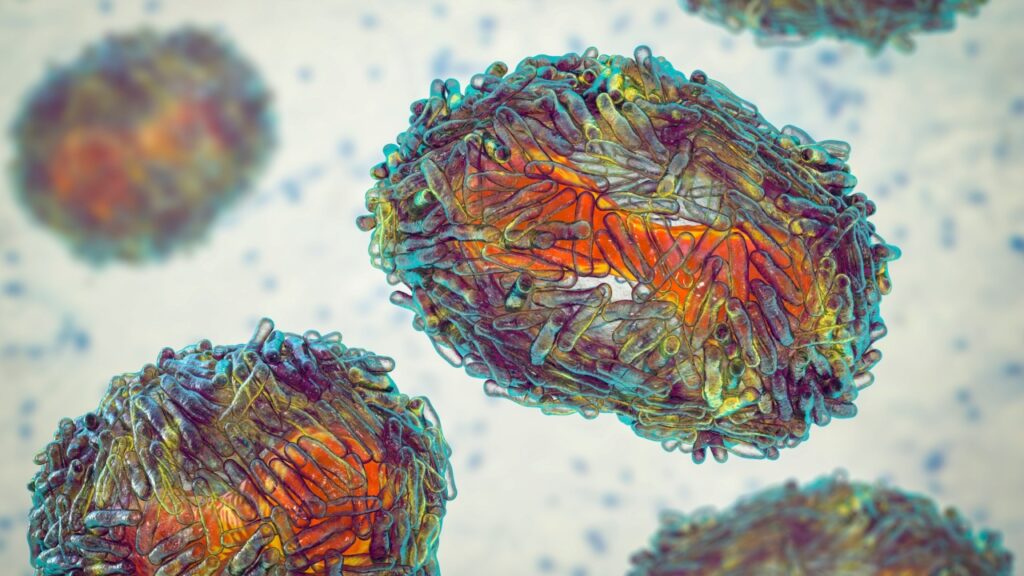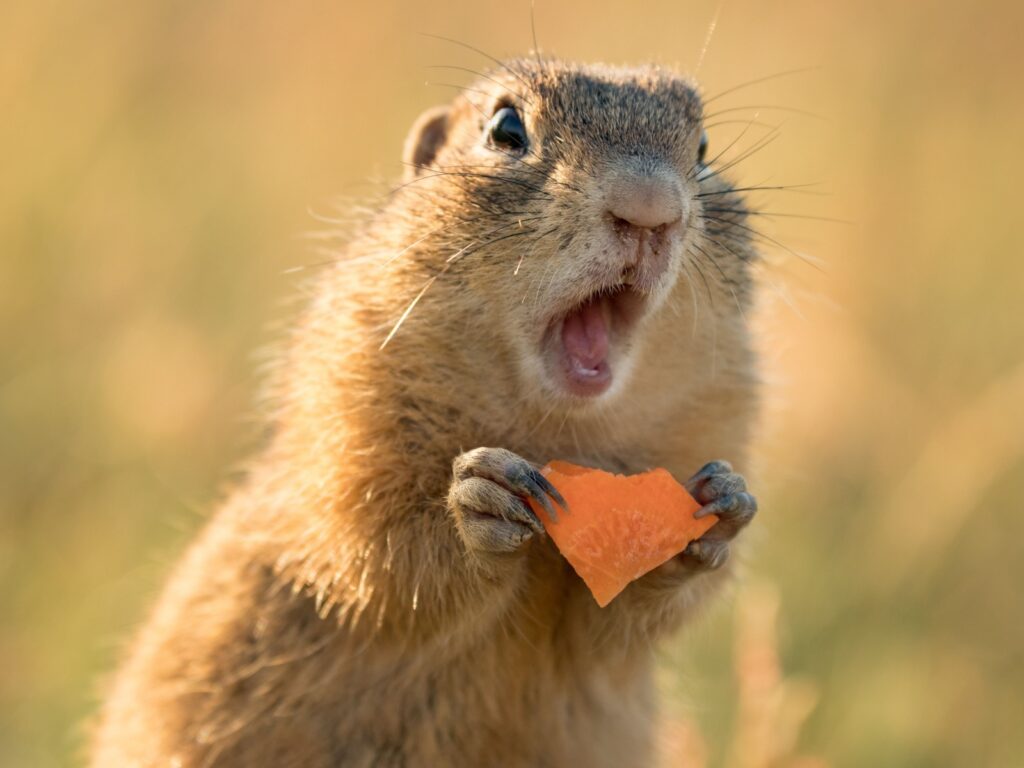I should preface this article by saying that I’ve lived in rural properties and had pets and livestock my entire life, and I’ve never picked anything up from any of them, or from any of the wild creatures I’ve encountered. Nevertheless, it is true that there are a lot of different conditions that can jump the species barrier, passing from other animals to homo sapiens.
These illnesses, called zoonotic diseases, range from mild to severe and can come from pets, farm animals, or wildlife. Learning about these diseases helps us stay safe while still enjoying our animal friends.
Giardiasis
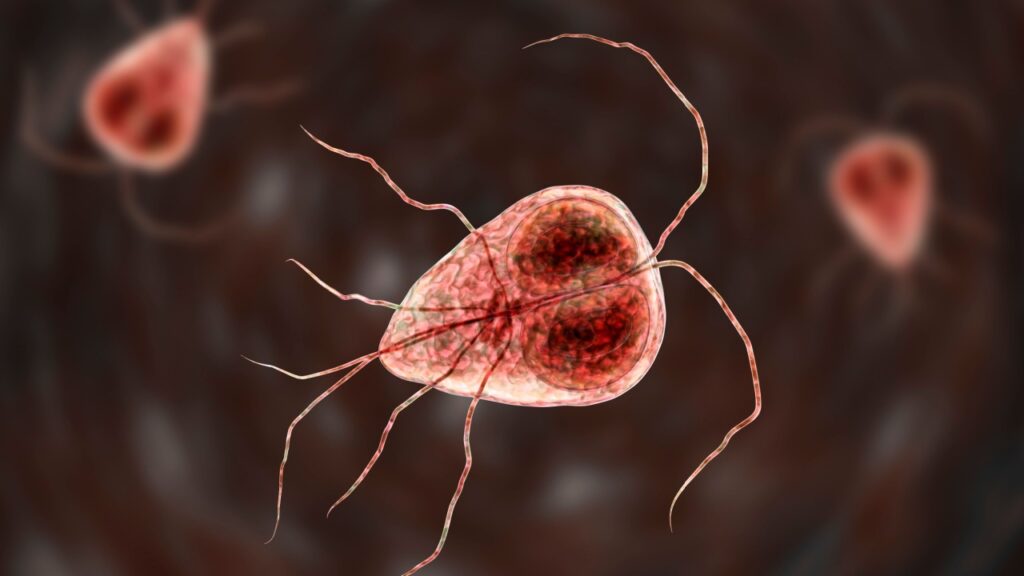
Giardiasis is another intestinal illness caused by tiny parasites. These parasites can live in the guts of many animals, including pets, farm animals, and wildlife. Humans usually get it by drinking contaminated water or touching their mouth after contact with infected animals. Symptoms include diarrhea, gas, greasy stools, and stomach cramps. To avoid giardiasis, wash your hands after handling animals or changing diapers, and be careful about water sources when camping or traveling.
When my dogs picked up giardia, it was horrid. Those poor pups were both pretty poorly, and it was surprisingly difficult to clear up. But I was extra vigilant with cleanup in the garden, hand washing, and washing their bedding. And, thankfully, after several weeks, it cleared up, and the humans and the other pets stayed giardia-free!
Lyme Disease
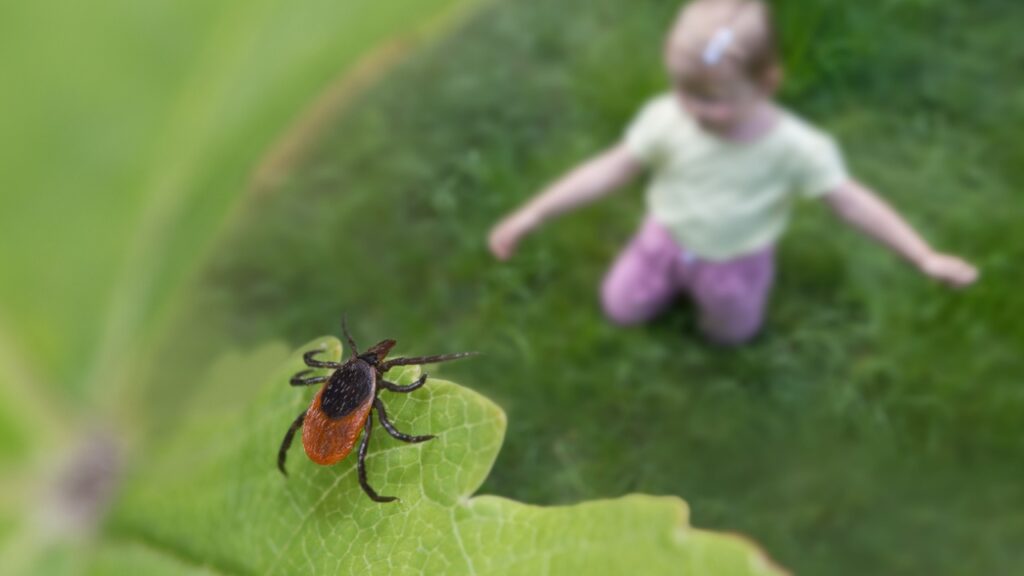
Lyme disease comes from tiny ticks that live on deer and other animals. These ticks can bite humans and pass on bacteria that cause the illness. Early symptoms include a bull’s-eye rash, fever, and fatigue. If left untreated, Lyme disease can lead to serious problems with your heart, joints, and nervous system. To avoid Lyme disease, wear protective clothing in tick-heavy areas and check for ticks after being outdoors.
Salmonella

Salmonella is a bacteria that can make you very sick. It often comes from contaminated food, but you can also get it from animals. Reptiles, amphibians, and birds can carry Salmonella without looking sick themselves. If you touch these animals and then touch your mouth, you might get infected. Symptoms include diarrhea, fever, and stomach cramps. Always wash your hands after handling animals or their habitats to stay safe.
Cat Scratch Disease
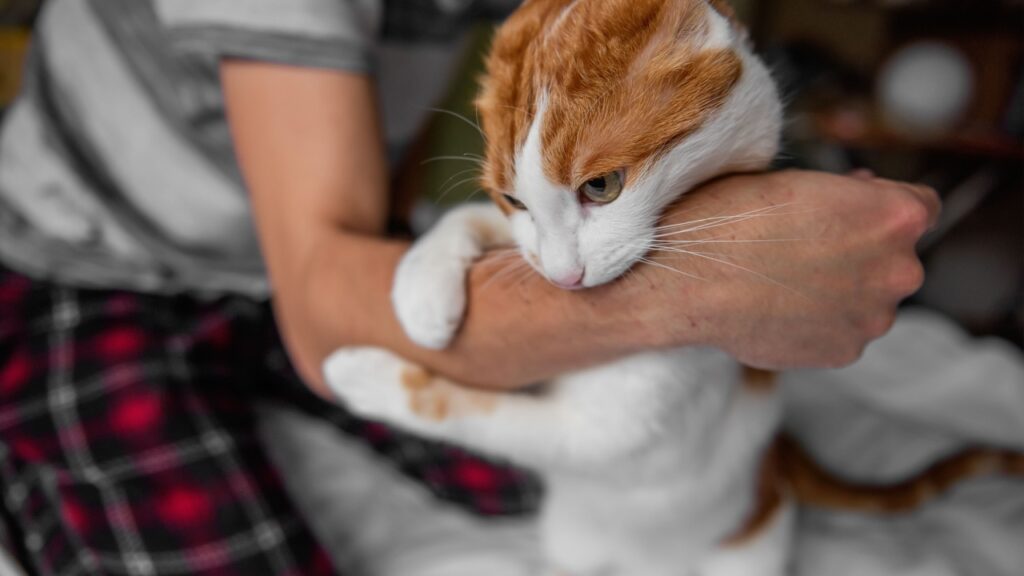
Cat scratch disease, as the name suggests, comes from cat scratches or bites. It’s caused by bacteria that live in cat saliva. If an infected cat scratches or bites you, you might develop a mild infection at the wound site. Some people also get swollen lymph nodes and flu-like symptoms. While usually not serious, it can be more dangerous for people with weak immune systems. To prevent it, avoid rough play with cats and wash cat scratches right away.
Toxoplasmosis
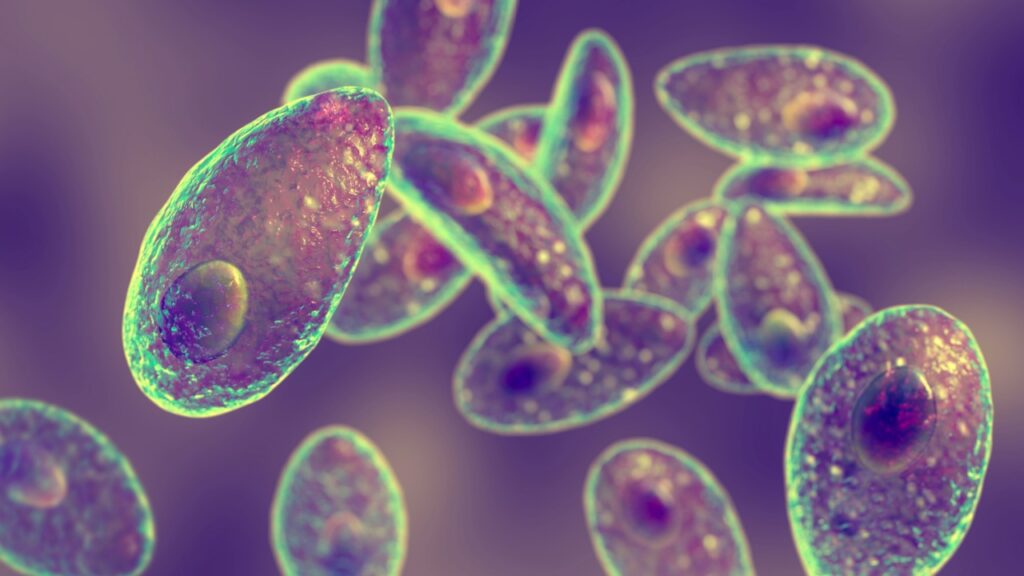
Toxoplasmosis is an infection caused by a parasite often found in cat poop. It’s especially dangerous for pregnant women and people with weak immune systems. Many people who get toxoplasmosis don’t have symptoms, but it can cause flu-like illness in some. Pregnant women can pass it to their unborn babies, which can lead to serious problems. To avoid it, wear gloves when gardening or cleaning litter boxes, and wash your hands well afterward.
Avian Influenza
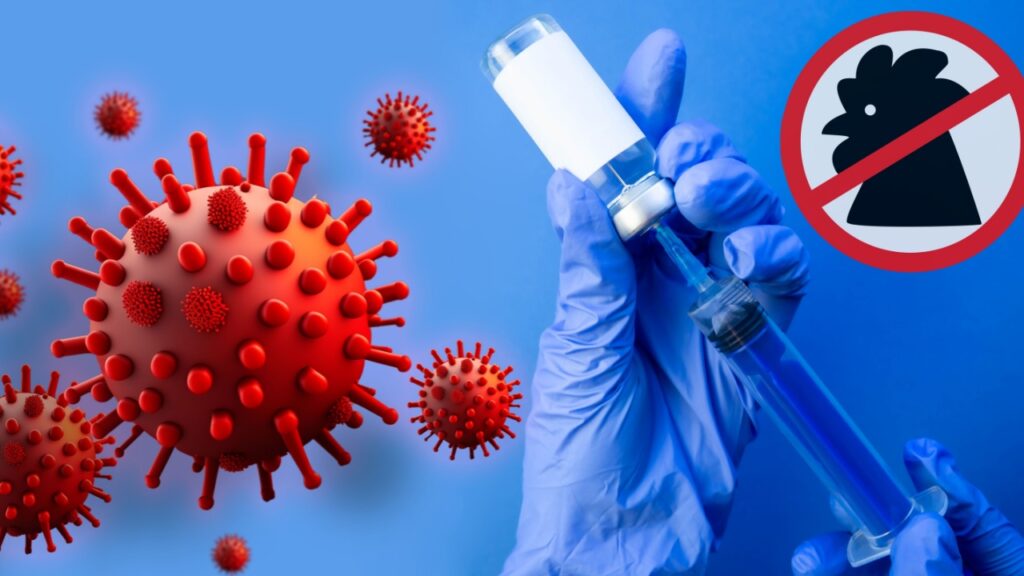
Avian influenza, or bird flu, is a viral infection that spreads among birds. Sometimes, it can jump to humans who have close contact with infected birds. Symptoms can range from mild flu-like illness to severe respiratory problems. While human infections are rare, some types of bird flu can be very serious. To stay safe, avoid touching sick or dead birds and always cook poultry thoroughly.
E. coli Infection
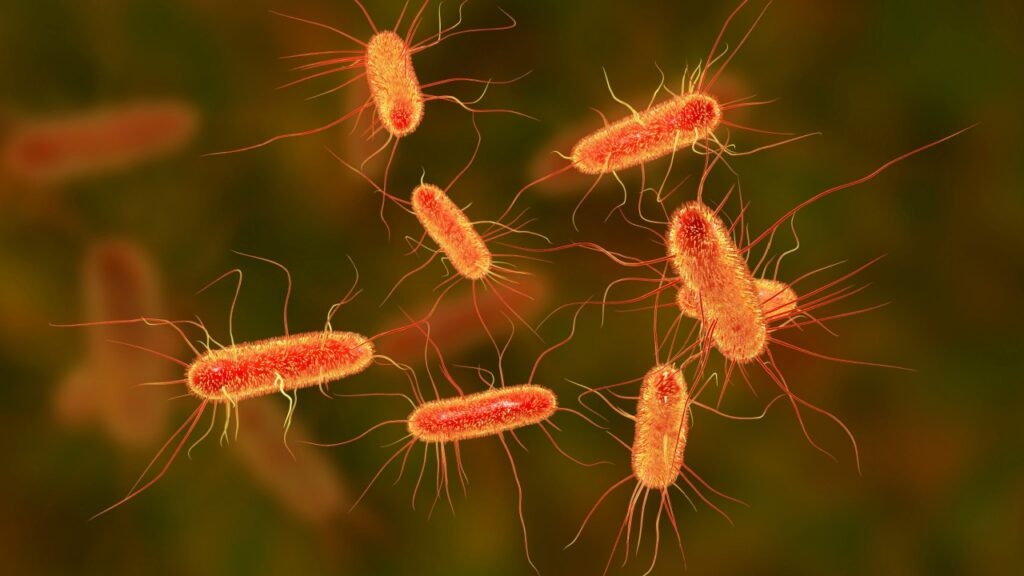
E. coli are bacteria that live in the intestines of people and animals. Most types are harmless, but some can make you very sick. You can get E. coli from contaminated food or water, or from contact with infected animals, especially cattle. Symptoms include severe stomach cramps, diarrhea, and vomiting. To prevent E. coli infection, wash your hands after touching animals, cook meat thoroughly, and avoid unpasteurized dairy products.
Leptospirosis
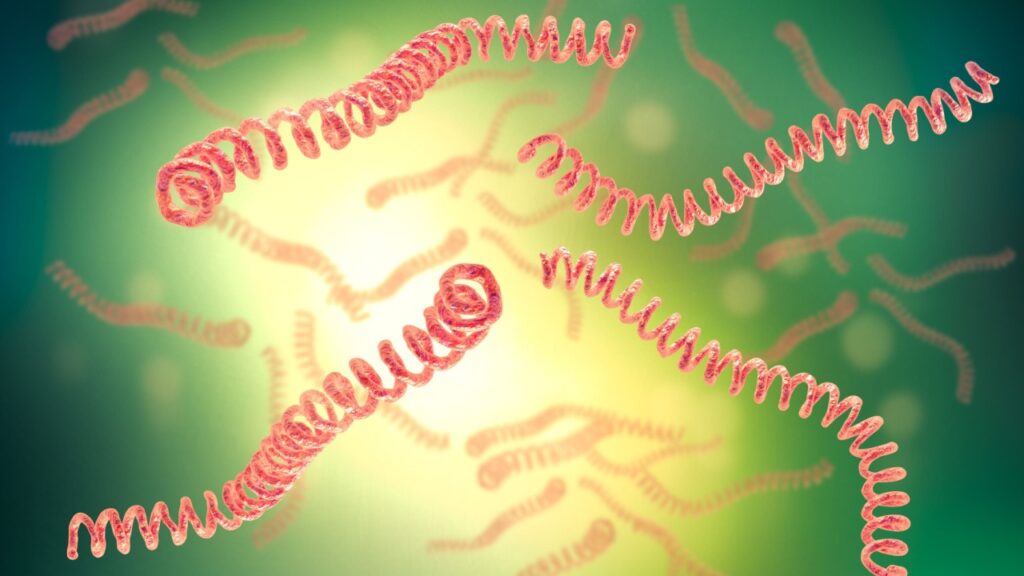
Leptospirosis is a bacterial disease that can affect both humans and animals. It spreads through the urine of infected animals, which can contaminate water or soil. You might get it if contaminated water gets in your eyes, nose, mouth, or a cut. Symptoms can be mild, like fever and headache, or severe, affecting your kidneys and liver. It’s more common in warm climates and after flooding. To avoid it, don’t swim in potentially contaminated water and wear protective gear when working with animals.
Rabies
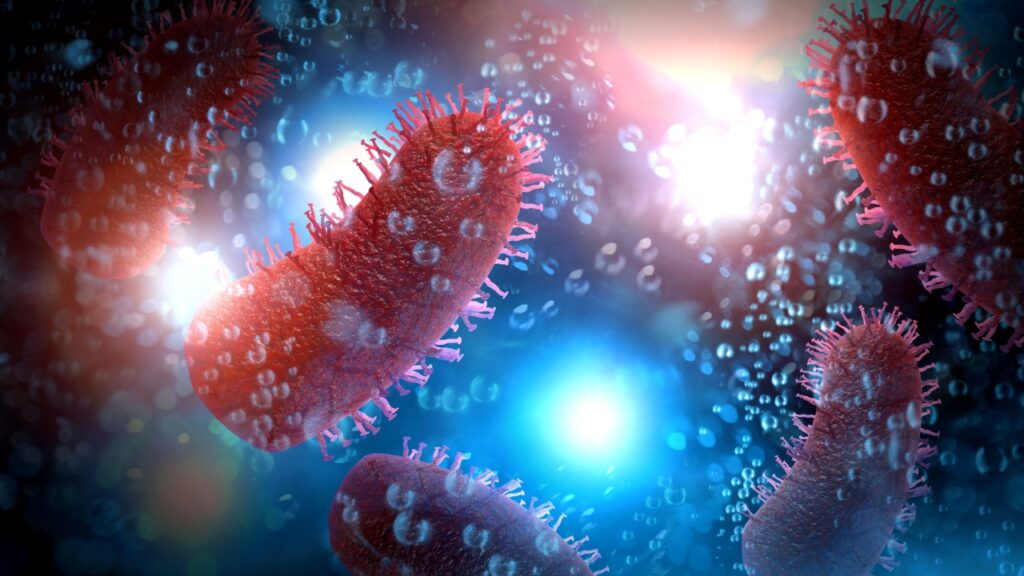
Rabies is a disease we’ve all heard of. It’s got a nasty reputation, and for good reason. It affects the brain and is almost always fatal once symptoms appear. It’s caused by a virus that spreads through animal bites, usually from wild animals like bats, raccoons, and foxes. Dogs can also carry rabies in some parts of the world. If an infected animal bites you, you need to get treatment right away. Luckily, there’s a vaccine that can prevent rabies if given soon after exposure. And, of course, here in the UK, classical rabies was eliminated in 1922.
Psittacosis
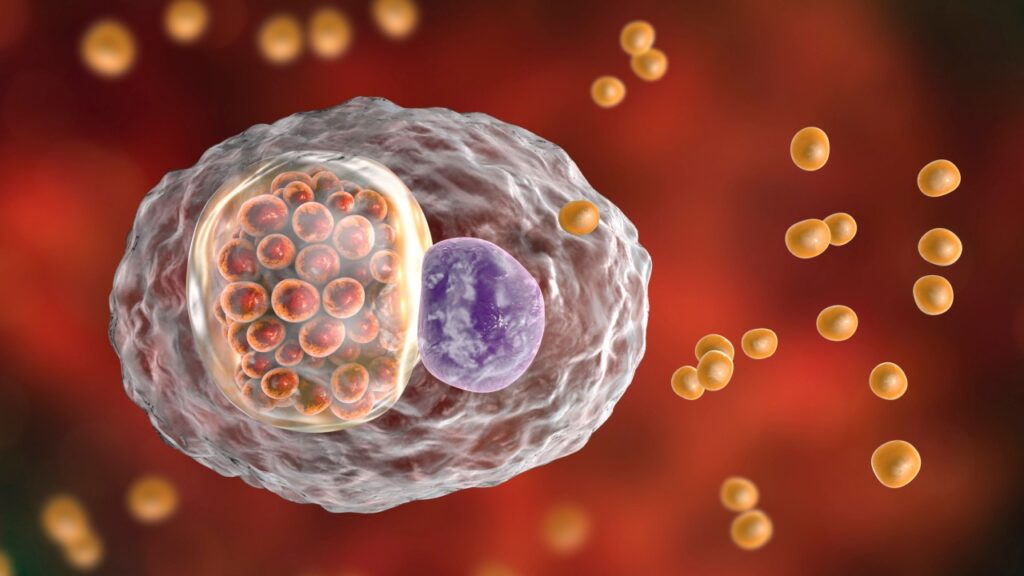
Psittacosis, also known as parrot fever, is a bacterial infection you can get from birds, especially parrots, parakeets, and cockatiels. You might catch it by breathing in dust from dried bird droppings or feathers. Symptoms are similar to pneumonia, with fever, chills, and a dry cough. If you have pet birds, keep their cages clean and wash your hands after handling them. See a doctor if you develop flu-like symptoms after being around birds.
Q Fever
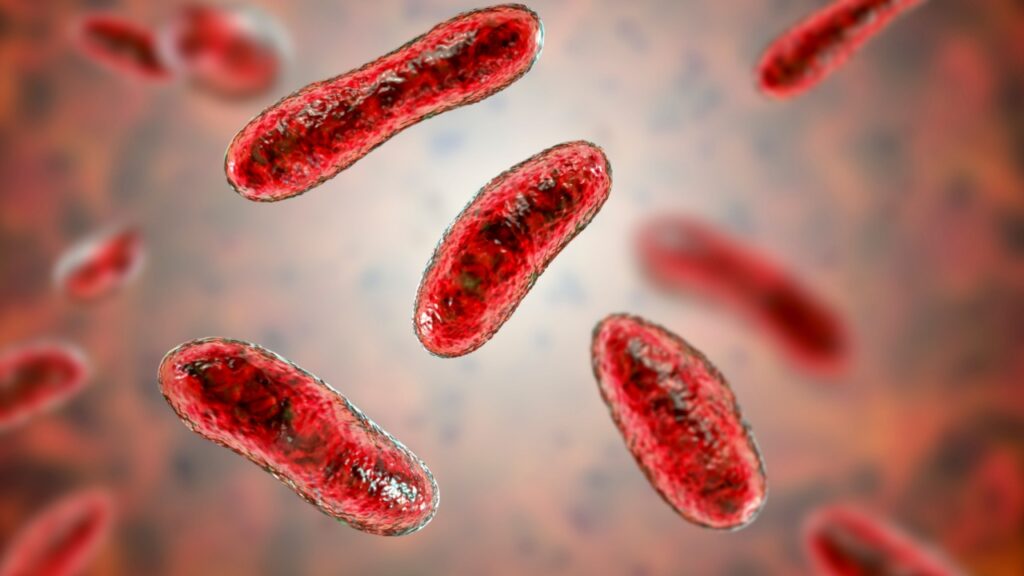
Q fever is a bacterial infection that mainly affects cattle, sheep, and goats. Humans can get it by breathing in dust contaminated with infected animal fluids. Many people with Q fever don’t have symptoms, but others might get high fever, severe headache, and muscle pain. In rare cases, it can lead to serious heart or liver problems. Farmers and veterinarians are at higher risk. To prevent Q fever, avoid unpasteurized dairy products and be careful around farm animals, especially during birthing.
Hantavirus
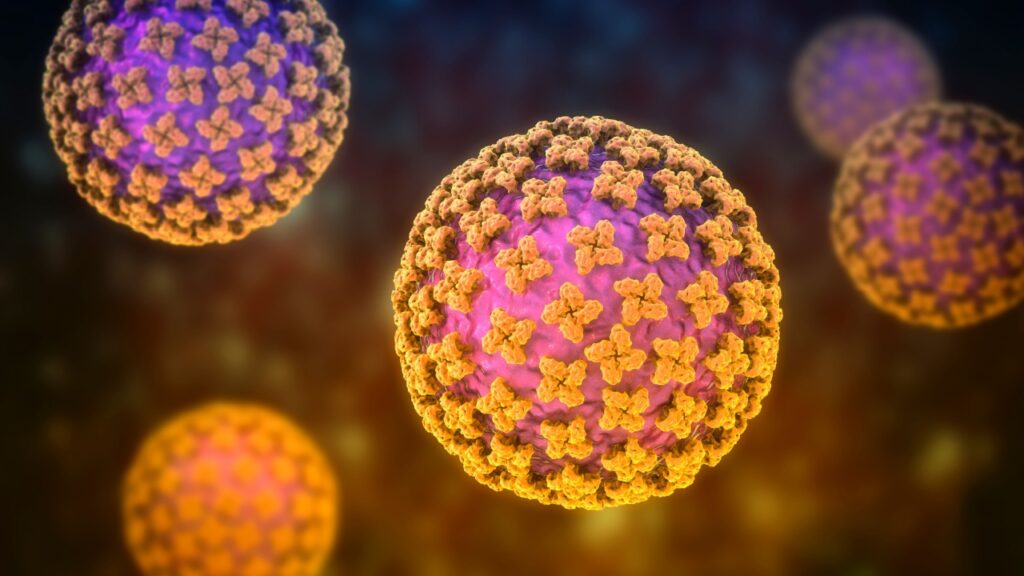
Hantavirus is a rare but serious viral infection spread by rodents, especially deer mice. People can get it by breathing in dust from rodent droppings, urine, or saliva. Early symptoms feel like the flu, but it can quickly turn into a life-threatening lung condition. Hantavirus is most common in rural areas. To prevent it, seal up holes in your home to keep rodents out, and use caution when cleaning areas where rodents might have been.
Brucellosis
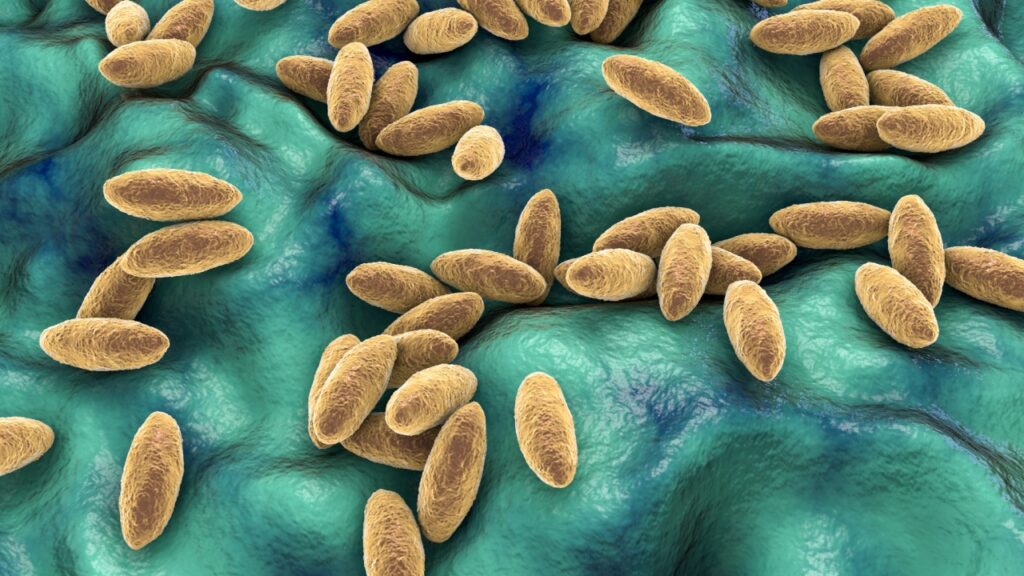
Brucellosis is a bacterial infection that can spread from animals to humans. It most often comes from cattle, sheep, goats, and pigs. You might get it from eating unpasteurized dairy products or handling infected animals. Symptoms include fever, sweats, and joint pain. While it can be treated with antibiotics, it can last for months if not caught early. To avoid brucellosis, only consume pasteurized dairy products and use protective gear when working with farm animals.
Cryptosporidiosis
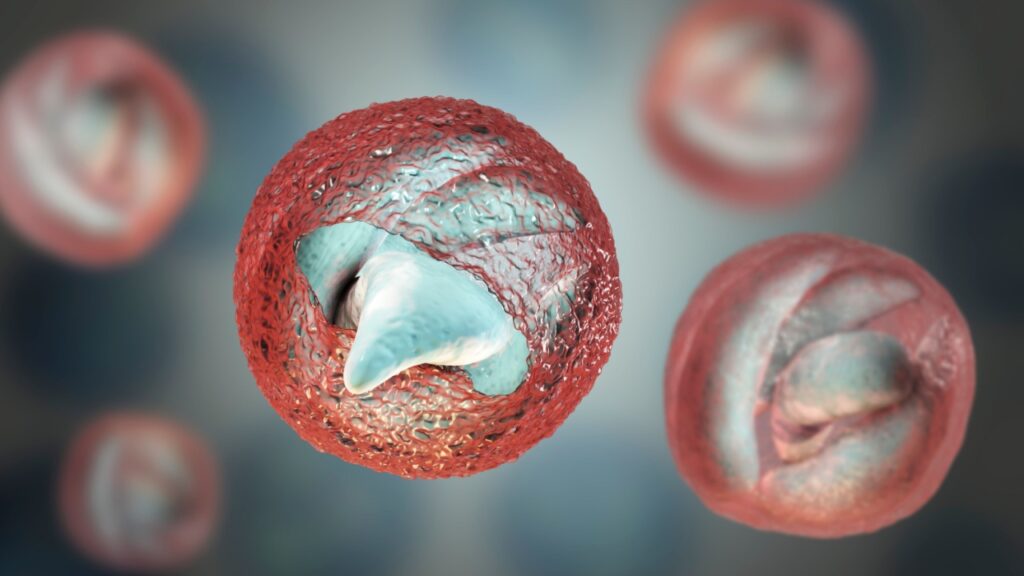
Cryptosporidiosis, often called “Crypto,” is caused by tiny parasites that live in the intestines of animals and humans. You can get it from drinking contaminated water or from contact with infected animal poop, especially from cattle. It causes watery diarrhea, stomach cramps, and nausea. While most people recover on their own, it can be dangerous for those with weak immune systems. To prevent Crypto, wash your hands after handling animals, avoid swallowing water while swimming, and drink only treated water.
Ringworm
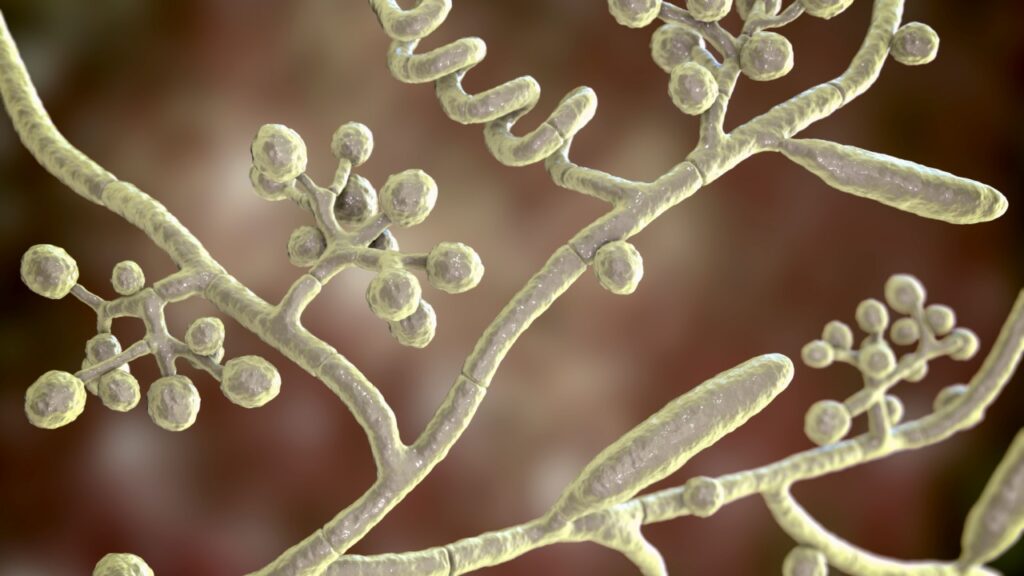
Despite its name, ringworm isn’t caused by a worm at all. It’s actually a fungal skin infection that can spread from animals to humans. Many animals can carry ringworm, including cats, dogs, cows, and horses. It causes a red, ring-shaped rash on the skin that can be itchy. While not usually serious, it can be annoying and spread easily. To prevent ringworm, avoid touching animals with bald spots or scaly skin, and wash your hands after petting animals.

